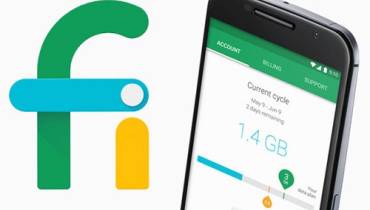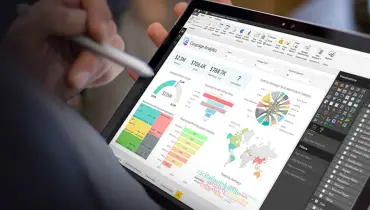Congress Overturns Online Privacy Regulations. What Does This Mean for You?

The U.S. House of Representatives has sent a bill blocking online privacy regulation to President Donald Trump for assent. If Trump signs the bill into law, broadband and internet service providers (ISPs) will have free reign to sell or share internet users’ web browsing history, app usage history and other private information with advertisers, marketers and other companies.
Online Privacy Rules Overturned
The Republican-led bill to stop online privacy regulations sailed through the House of Representatives on Tuesday, shortly after the Senate had earlier voted 215-205 to repeal the regulations.
The House vote was celebrated by Trump-appointed Federal Communications Commission (FCC) Chairman Ajit Pai, ISPs and advertisers who criticize the Obama-era online privacy regulations for singling out ISPs while exempting giant internet companies like Facebook and Google who reportedly have as much, if not more, access to similar consumer data.
“Last year, the Federal Communications Commission pushed through, on a party-line vote, privacy regulations designed to benefit one group of favored companies over another group of disfavored companies," said Pai after Tuesday's vote. "Appropriately, Congress has passed a resolution to reject this approach of picking winners and losers before it takes effect."
NCTA—The Internet & Television Association, the cable industry's biggest lobby group—also welcomed Tuesday's vote saying, "Congressional action to repeal the FCC’s misguided rules marks an important step toward restoring consumer privacy protections that apply consistently to all internet companies."
Obama-era Consumer Privacy Protections
Online privacy regulations were adopted back in October, 2016 during the final months of President Obama’s administration, but were yet to go into effect. Had the Democrat-led privacy rules gone into effect, they would have required ISPs and broadband providers such as Comcast, AT&T and Verizon to get consumer’s consent before selling or sharing their personal information.
Now that the regulations seem likely to be scrapped off the books, broadband providers could get more aggressive in how they use your personal data. They are already moving into the content business. The privacy regulations were the strictest set of rules that had ever been imposed to protect consumer online privacy. Undoing the FCC regulation leaves people's online information in a murky area.
Minority Leader Nancy Pelosi, D-Calif., said Republicans put profits over the privacy concerns of Americans.
"Overwhelmingly, the American people do not agree with Republicans that this information should be sold, and it certainly should not be sold without your permission," said Pelosi, perhaps alluding to a report published last year that showed Americans are more worried about their data privacy than they are about losing their main source of income.
"Our broadband providers know deeply personal information about us and our families," Pelosi stressed.
FCC Still in Charge of Protecting Online Privacy
But, even without formal rules in place, the FCC is still in charge of protecting privacy for broadband and wireless customers. The agency will continue to keep tabs on privacy concerns on a case-by-case basis.
However, the FCC will not be using the stringent rules and standards it set in October. Instead, it will likely use similar measures as those the Federal Trade Commission (FTC) uses to regulate internet companies like Facebook and Google. The FTC only requires that internet edge companies provide a way for consumers to “opt out” of having their personal information shared with third parties—not “opt in”.
Since the FCC's online privacy rules never actually went into effect, you will not notice much difference in how companies are protecting your privacy. However, eventually, you will see a lot more creepy ads and targeted advertising stalking you all over the internet. Your broadband provider will be on the clear to use your data to profile you and sell that information to advertisers, just as Facebook and Google can.
Perhaps you are adamant in your refusal to let your ISPs collect and sell your personal information to third parties. In this case, you can try to opt out of having your data collected and shared, but don't expect ISPs and broadband companies to make it easy for you.
"President Trump now has the opportunity to veto this resolution and show he is not just a president for CEOs but for all Americans,” said The American Civil Liberties Union's Neema Singh Guliani.
See Also: Trump May Reverse Net Neutrality Rules, Online Entrepreneurs “Freaking Out."



















